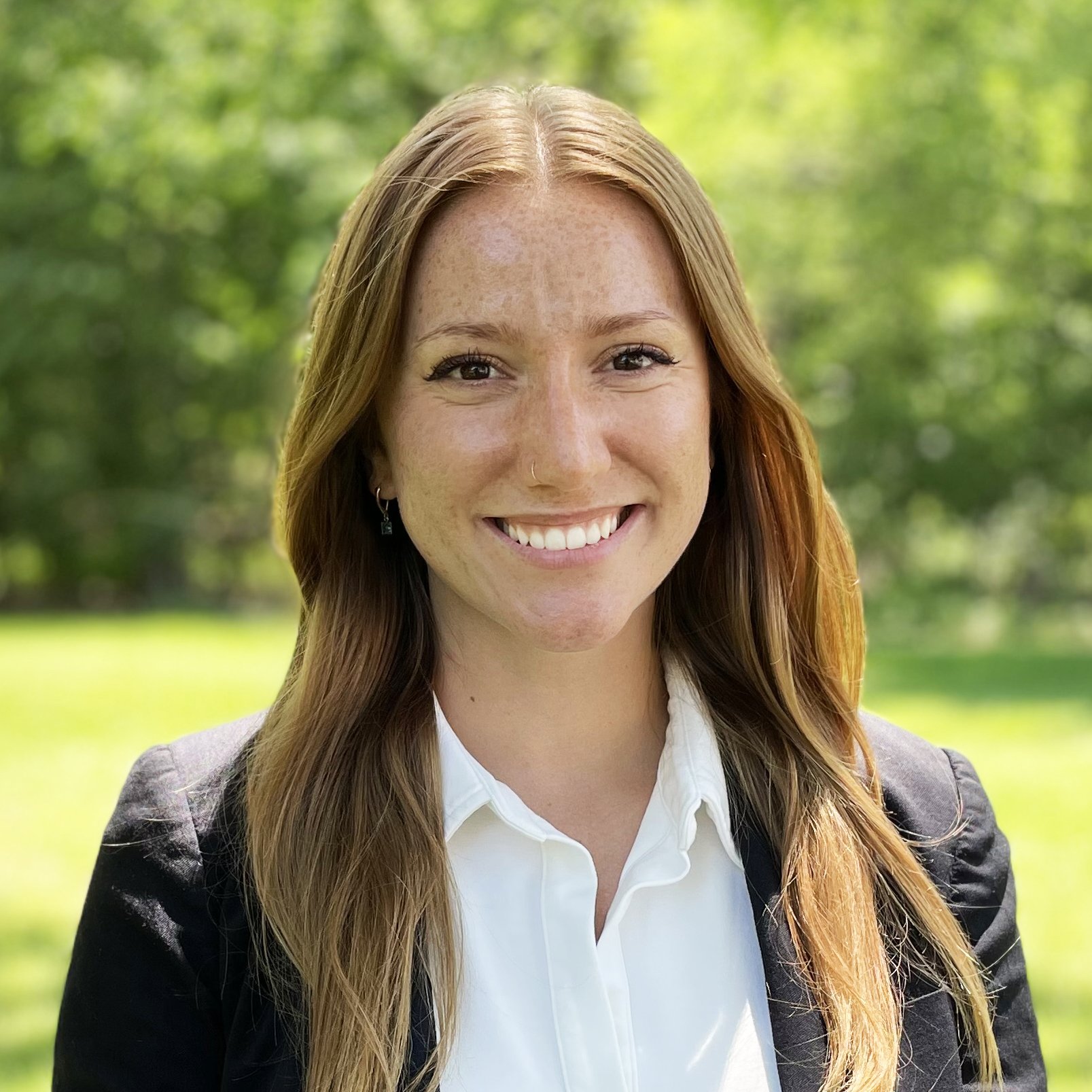Counselor Spotlight: Interns
What are the biggest obstacles that you think this next generation of counselors will face and why?
Aedan McDowell
I think the major obstacle or challenge of the current age as it relates with therapy is the "overtherapization" of our culture.
It seems that “therapy” in the pop culture sense has become mainstream. This has its benefits which should not be ignored, such as the increased awareness of resources and needs, as well as a reduction of stigma surrounding mental health care. It creates challenges, however, in that many people may be misinformed about mental health, may misunderstand how therapy is done, or may assume proficiency and expertise in something they know very little about in reality.
This means that, for some clients, the work will not only be a matter of growth and becoming more healthy, but also of unlearning their assumptions about how all that happens in the first place. Some clients may come in with misinformation about a particular disorder and how it manifests itself, others may come to counseling for the sole purpose of receiving a diagnosis because it’s seen as trendy, or they may even approach counseling with misunderstandings of how long a form of therapy should last. Battling with such overtherapization of our culture will be the task of our generation of counselors.
Victoria Bair
One major obstacle that I think I will face as a counselor is the increasing accessibility of artificial intelligence for therapy. The “ChatGPT Therapist” is a popular trend at the moment.
This technology is able to mimic therapeutic language that makes people feel supported and connected to something that seems all-knowing and wise. It provides the additional comfort of anonymity and an immediate response to a question, problem, or concern. The danger for people using ChatGPT and other sources of artificial intelligence is that real human connection becomes less desirable and more obsolete, which may actually contribute to increased feelings of loneliness and isolation. As a counselor-in-training, I can appreciate all the more those who do reach out for real in-person counseling services, because the alternative of using AI can be incredibly tempting.
Braeden Gilpin
One of the biggest challenges young counselors face is entering a system built by previous generations, one that is burdened with red tape and a complex licensure process.
While the past focus was on gaining recognition for the profession, today's challenge is functioning within a system that often prioritizes bureaucracy over client care. Young counselors must juggle high caseloads, insurance barriers, excessive documentation, and burnout, all while staying true to their values and providing ethical client care. At the same time, they must adapt to a rapidly changing cultural landscape, integrating technology, and shifting social norms. The call now is not just to work within the system, but to reform it.
Abigail Stevens
A common obstacle for many emerging counselors is learning to trust their own minds in the early stages of clinical practice.
After years of rigorous training and absorbing a wide range of knowledge—such as case conceptualization, counseling skills, diagnostic reasoning, and intervention strategies—it can be overwhelming to access and apply that information while staying present with a client in real time. The transition from the structured environment of the classroom to the fluid, relational nature of real-world counseling can bring uncertainty, self-doubt, and emotional strain. However, this tension is also a normal and expected part of professional growth. Over time, with continued experience, supervision, and self-compassion, many counselors find that what once felt disjointed begins to integrate naturally. The process of becoming a skilled and confident clinician unfolds gradually—and that growth not only benefits the counselor, but ultimately strengthens the care they provide to those they serve.




